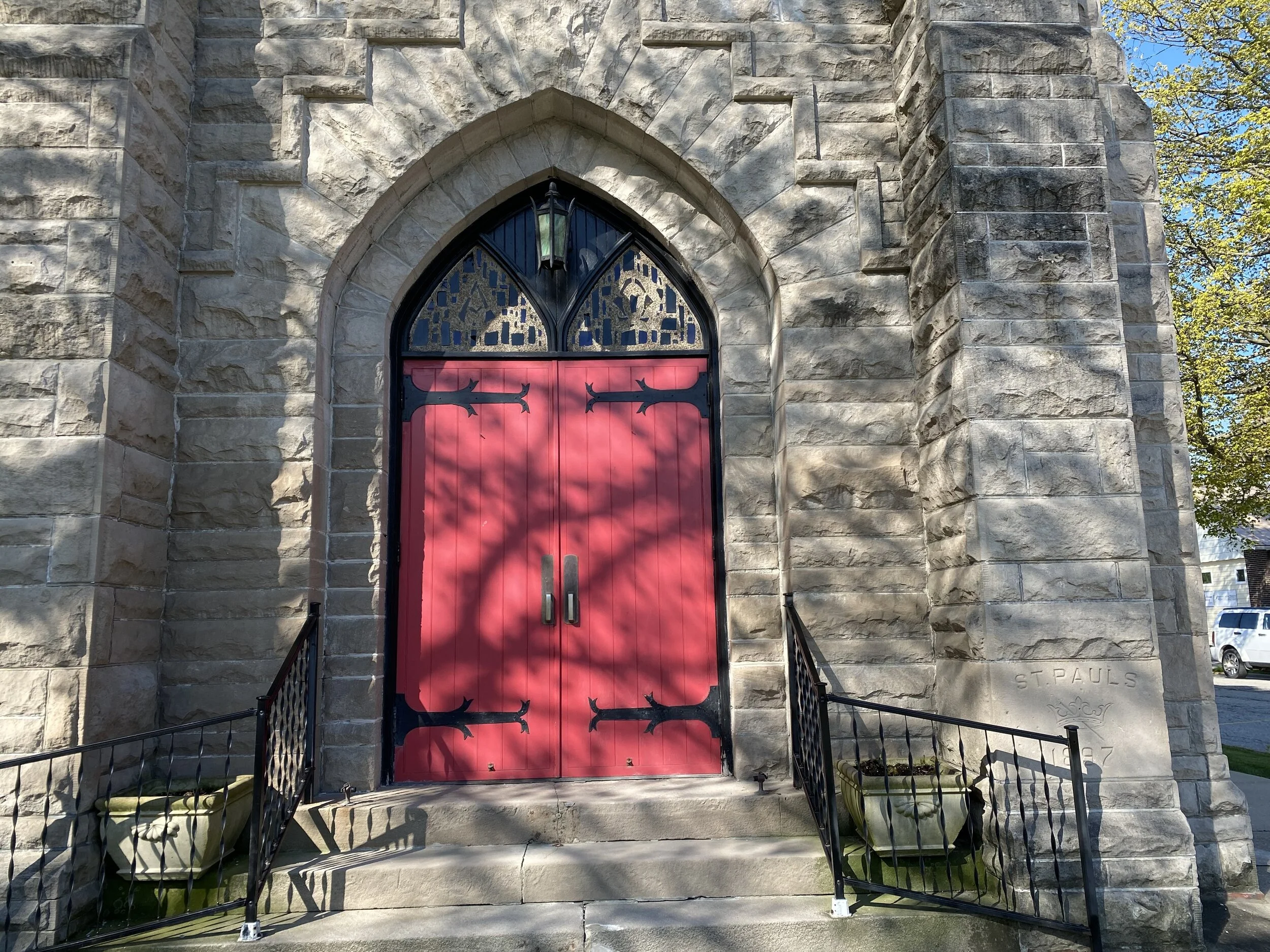Where All are Queens and Kings
By J. Davey Gerhard
The Church designates the final Sunday of the Church year as the Feast of Christ the King, a day in which the united rule of Christ over all of the universe is celebrated. In many communities, it is a high feast, with altar guilds preparing white vestments, flower guilds celebrating God’s glory in elaborate displays, and hymns filled with alleluias. What a way to end the year, to celebrate stewardship, and to prepare for Advent!
But before we get too carried away with the grandeur of it all, today’s Gospel tells a different story about kingship and leadership: It tells of service. Typical of Jesus, he begins with what we expect — in this case power and triumph – and turns it upside down and in doing so, reminds us that it is through our ministry that we increase the role of the Church in our community. True power doesn’t come through force or wealth or conquest, it is derived from generosity, charity, and love. We change the hearts and minds of our neighbors by loving them and serving them.
Throughout this stewardship season we have heard about the mission of our own churches. You have learned about the ways that your gifts impact the life of your church and your neighbors. Perhaps this year you met the challenges of a global pandemic by adapting your worship. Maybe you responded to the needs of your community by increasing your outreach or your ministry to serve your neighbors. What is certain is that you had the opportunity to express your love and your hope for the world through your annual gift to your church.
We seek and serve Christ in all people by serving our neighbors. This is the great commandment of Jesus to his followers and it is one of the promises we make at our Baptism. When we are asked by those we meet on the street or those to whom we minister in our communities if we will offer them drink when they thirst, or visit them when they are lonely, or give them food when they hunger, our answer will be yes! Through our generosity and our faith, we are called to that same royal line as Jesus, leaders in our communities. Now that is a feast worth celebrating!
J. Davey Gerhard is the Executive Director of The Episcopal Network for Stewardship, and lives and teaches his faith in San Francisco, California.








